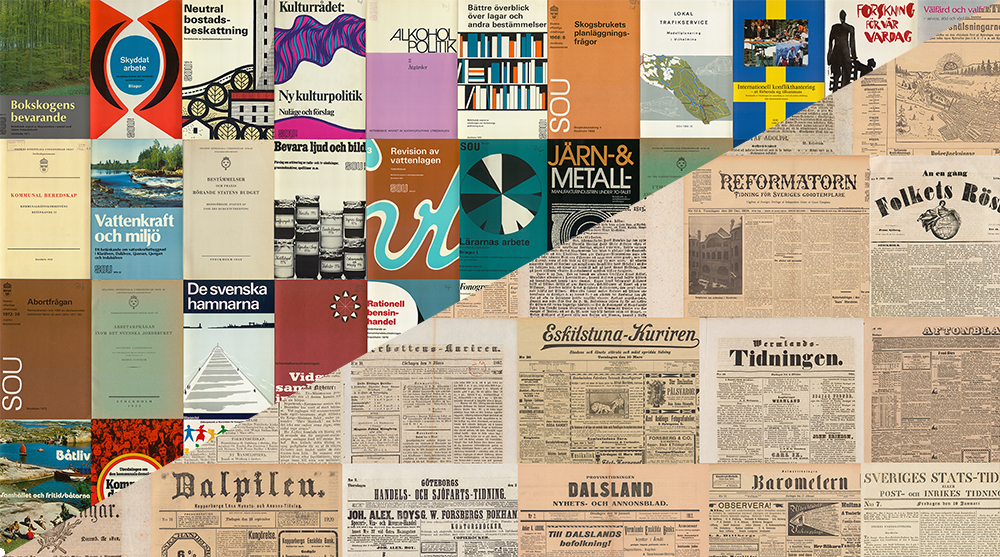National Library of Sweden is organizing a great event on Topic Modeling Workshop. You are warmly welcome!
See detailed information on their webpage and also forwarded as below:
What is topic modeling and how does it work in practice? How do the choices that we make in building such models affect the eventual output? And why is interpretation key to making sense of the results?

Over the past decade, topic modeling has become an established method for researchers working with large volumes of data in the social sciences and humanities. Yet despite its proliferation, the approach remains more often feared than practiced – and more often flirted with than well understood.
This workshop at KBLab offers a practically-orientated introduction to the methodology of topic modeling. The first session gives a hands-on tour of making topic models within the widely-used program, R; while the second session explores the process of interpreting such models. Through practical exposure to the mechanics of topic modeling, we provide participants with the skills – and the curiosity – to consider using this approach in their own research projects.
How to participate?
The workshop will be held online via Zoom, in English, and is entirely free of charge. We welcome participants from across the spectrum of the digital social sciences and humanities, and no prior experience of programming is necessary. While open to all, including researchers and Masters students, space will be prioritized for PhD candidates.
Places are limited, so please get in touch if you are interested in taking part!
Workshop with KBlab
Where: Zoom
When: Session 1: Tuesday 9th November, 09.00 – 14.00 (with breaks).
Session 2: Wednesday 10th November, 1 hour discussion groups between 13.00 – 16.00.
How to apply: Send an e-mail to kblabb@kb.se by Friday 29th October.
About KBLab
KBLab is a national infrastructure for data-driven research at the National Library of Sweden (KB). Beyond supporting large-scale analysis of KB’s collections by pioneering research projects in the humanities and social science, we also use the library’s vast data resources to train and release open-source language models that are being used by a wide variety of actors in the public sector and beyond. Read more about KBLab here.
Please contact us if you have any questions about the workshop, or about our work at the lab in general.
